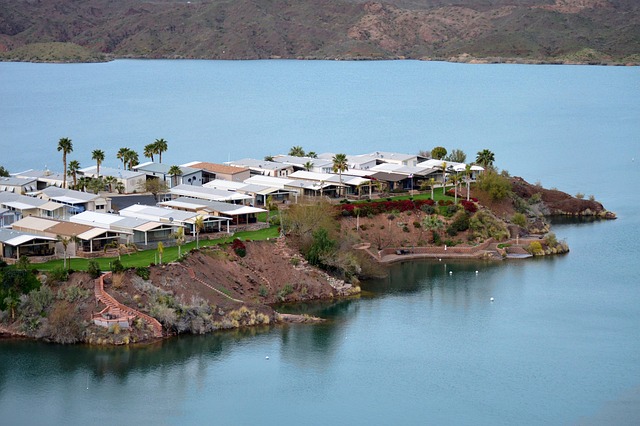Understanding tribal communities' unique history, culture, and land relationships is crucial in the real estate sector. Engaging respectfully with tribal leaders, seeking consent, and prioritizing open communication build trust. Culturally sensitive professionals should actively listen to concerns, respect practices, and involve tribes in decisions. Collaborative efforts and tailored educational opportunities can lead to mutually beneficial development while preserving indigenous heritage through ethical responsibility, FPIC, dialogue, shared benefits, and transparency.
In today’s diverse real estate landscape, fostering close ties with tribal communities is more critical than ever. This article delves into the unique challenges and opportunities presented by Native American tribes in the industry. We explore their rich history and culture, strategies for building trust and lasting relationships, and ethical considerations when developing tribal lands. By understanding these dynamics, real estate professionals can navigate complex landscapes and contribute positively to indigenous communities.
Understanding Tribal Communities: Their History and Culture in Real Estate

Understanding tribal communities involves delving into their rich history and diverse cultures, which are integral aspects of the real estate landscape. These communities have unique land relationships, traditional knowledge, and practices that shape their interaction with the environment and property ownership. Recognizing and respecting these cultural nuances is essential in any real estate transaction within tribal territories.
In the context of real estate, it’s crucial to approach developments or projects with sensitivity towards ancient customs and spiritual sites. Engaging with tribal leaders and seeking their consent is a fundamental step, ensuring that any construction or acquisition respects the community’s deep connection to their land. By embracing these cultural considerations, developers can foster positive relationships and contribute to the preservation of tribal heritage in the ever-evolving real estate sector.
Building Trust and Relationships with Native American Tribes

Building strong, meaningful relationships is paramount in real estate when working with Native American tribes. Trust is a cornerstone of this process, as it can take time to establish connections within communities that may have faced historical injustices. Engaging in open, transparent communication and actively listening to tribal members’ concerns and perspectives are essential steps. Real estate professionals should also demonstrate cultural sensitivity and respect for traditional practices and land-use patterns.
Collaborative efforts, where tribes are involved in decision-making processes, can foster a sense of ownership and partnership. Offering educational opportunities about real estate concepts tailored to tribal needs can enhance understanding and empower communities. By building these relationships, real estate practitioners can create win-win scenarios that respect cultural heritage while facilitating economic development within Native American tribes.
Ethical Considerations and Best Practices in Developing Tribal Lands

When engaging with or developing lands within tribal communities, it’s paramount to approach the endeavor with a deep sense of ethical responsibility and cultural sensitivity. The real estate sector, in particular, must navigate complex terrain, recognizing that indigenous territories are often steeped in history, tradition, and spiritual significance. Any development projects should be undertaken only after thorough consultation with tribal leaders and members, ensuring their active involvement, free, prior, and informed consent (FPIC). This process is not just a legal requirement but also a fundamental respect for the community’s autonomy and self-determination.
Best practices involve fostering open dialogue, providing educational opportunities about local customs and laws, and promoting joint decision-making. Financial benefits from development initiatives should be shared equitably to enhance tribal economic independence while preserving cultural heritage sites and natural resources. Transparency throughout the process builds trust and ensures that any changes align with the community’s long-term goals and aspirations.






